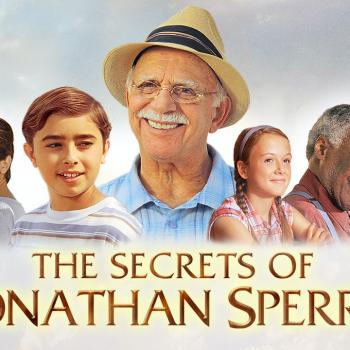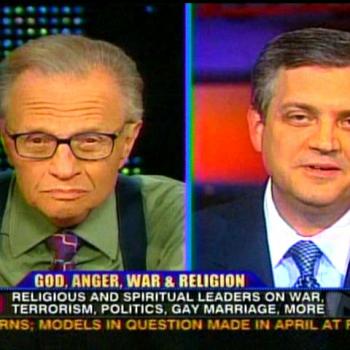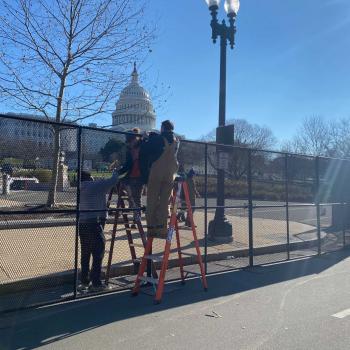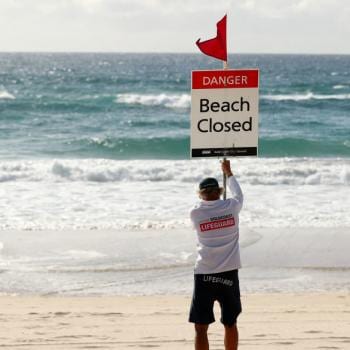Some Americans during the current health crisis are worried about death. This fear is fairly disproportionate to the actual threat of COVID-19. For instance, the New York Times compares the coronoavirus this way:
An analysis of outcomes for more than 44,000 confirmed patients in China found that roughly one in 50 died. Eighty-one percent of patients infected with the new coronavirus had mild illness, 14 percent had severe illness and 5 percent had critical illness, according to the study.
The pathogen is considerably less dangerous than other coronaviruses, such as MERS, which kills about a third of people who become infected, and SARS, which kills about 1 in 10. All of the diseases appear to latch on to proteins on the surface of lung cells, but MERS and SARS seem to be more destructive to lung tissue.
It is not the most delicate of questions to talk about weighing measures to prevent death against how those decisions damage the economy. In fact, Alan Jacobs thinks such a cost-benefit analysis is inhuman — “despicable” to be precise. Here he is responding to a piece by Heather MacDonald that raises questions about governments’ apparent disregard for the economy in their response to the public health crisis:
Mac Donald clearly doesn’t understand the difference between the mortality rate of a disease and any currently uninfected individual’s likelihood of dying from the disease — because she hasn’t thought about it. She’s just tossing around numbers she thinks help her case. But for the record, if .12% — that is, a little more than one-tenth of one percent — of Americans died from COVID-19, that would be approximately 400,000 deaths. She’s “happy” with that.
Someone could just as easily ask whether in light of all that federal, state, and local authorities have done in closing businesses and telling people to stay home, are they “happy” with 210 deaths (as of March 20, 2020)? Granted, 210 is a lot better than 400,000 (duh!). But for the families and friends of those 210 Americans who have died of COVID-19 the numerical difference is inconsequential. In which case, both sides of the debate are looking at abstractions — the number of deaths with certain kinds of precautions (more invasive) versus the number of deaths with other kinds of precautions (less invasive). For officials and administrators, trade offs happen all the way down in these scenarios.
But we should all keep in mind the life that governors and federal officials, including the red head in the White House, are trying to save, namely, the American health care system. Notice in particular the rationales that the governors of California and Pennsylvania gave for their recent decisions to shut down much of life as we know it in their states. According to Tom Wolf:
“We have no time to lose. With every minute that passes, more Pennsylvanians come into contact with the COVID-19 virus,” the governor said. “The spread of COVID-19 is increasing at an exponential pace. We cannot allow this virus to overwhelm our hospitals.”
Likewise Gavin Newsom made California’s health care system his major reason for shutting down most of California’s institutions:
To preserve the public health and safety, and to ensure the healthcare delivery system is capable of serving all, and prioritizing those at the highest risk and vulnerability, all residents are directed to immediately heed the current State public health directives. . . . The California Department of Public Health looks to establish consistency across the state in order to ensure that we mitigate the impact of COVID-19. Our goal is simple, we want to bend the curve and disrupt the spread of the virus.
Bending the curve is not the same as saving lives. Neither governor actually mentions saving lives. Of course, preserving the health care system will save some lives. How else do you provide medical assistance to the critically sick except through hospitals?
At the same time, this is another time when government had to intervene in a private industry that could not run adequately its sector of the economy. Hospital CEOs were not prepared for a run on their system. We hear often about how great American medicine is. And to be sure, the people who serve, and gadgets and medicines available for treatment are remarkable, so much so that we expect doctors and hospitals to save most patients except in those difficult cases of cancer. But the system in which the physicians prescribe medicine and use machines is not so great. The people in charge of hospitals and health care systems needed the government to keep the number of sick down so their hospitals would not appear to be incompetent. In which case, Americans will die but the health care system will endure.












